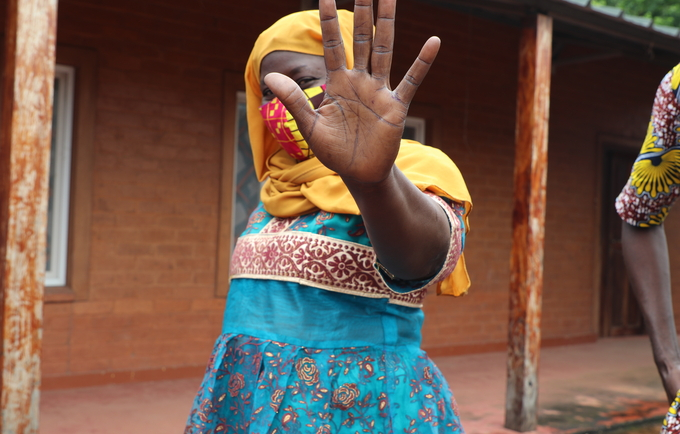Gambiaj.com – (BANJUL, The Gambia) – The United States 2024 Country Report on Human Rights Practices in The Gambia has raised concerns over persistent gaps in the enforcement of laws protecting press freedom, workers’ rights, women and girls, and refugees, despite no major changes in the country’s overall human rights landscape.
While noting that The Gambia generally respected freedom of expression, the report cited the September arrest of two newspaper editors accused of “false publication and broadcasting” after reporting that President Adama Barrow had chosen a successor.
The Gambian Press Union condemned the arrests, which were later dropped in November, calling on authorities to safeguard press freedoms.
The report also highlighted the government’s continued failure to enforce the ban on female genital mutilation/cutting (FGM/C), despite the practice affecting an estimated 75 percent of women and girls aged 15 to 49.
Survivors and witnesses often refrained from reporting cases, fearing backlash from family or community members.
On refugee protection, the report noted slow progress in granting naturalization or permanent residency to approximately 4,000 Senegalese refugees, many of whom have been in the country for years.
Labor rights enforcement also came under scrutiny. Although wage and hour laws exist for some sectors, they cover only about 20 percent of workers, with the minimum wage falling below the national poverty line.
Violations were common, particularly in the informal sector, which employs roughly 63 percent of the workforce. The government was criticized for failing to prevent abuses, with insufficient inspectors and rarely applied penalties.
The report further pointed to shortcomings in the enforcement of child marriage laws, despite the legal minimum age being set at 18, and noted gaps in occupational safety and health protections, where workers risk dismissal for refusing unsafe work.
While the government took steps to address some human rights concerns, the report underscores that systemic enforcement failures continue to undermine protections for vulnerable groups and the independence of the media.
Gains in Access to Information, Judicial Independence
The report commended the government for generally respecting freedom of expression and fostering an environment where an independent press, an effective judiciary, and a democratic political system work together to safeguard civic space.
It highlighted the September inauguration of five commissioners to the newly established Access to Information Commission, a move aimed at improving transparency, good governance, and public access to official records.
In the area of judicial rights, the report found that the government largely upheld legal safeguards against arbitrary arrest and detention, with most detainees charged or released within the constitutionally mandated 72-hour period.
The existence of a functioning bail system and the judiciary’s role in providing legal representation in capital cases were also cited as positive indicators.
The Gambia was further recognized for its cooperation with the Office of the UN High Commissioner for Refugees in providing asylum and protection to those fleeing conflict or persecution. The country continued to offer first asylum to refugees, reflecting its commitment to international humanitarian obligations.
The report also noted the absence of extrajudicial killings, enforced disappearances, or credible allegations of torture by state agents in 2024. In addition, the government took credible steps to investigate and punish officials implicated in human rights abuses.
Overall, the US report portrays The Gambia as a country where democratic structures and rights protections remain intact, even as it faces ongoing challenges in law enforcement, labor rights, and protection of vulnerable populations.










